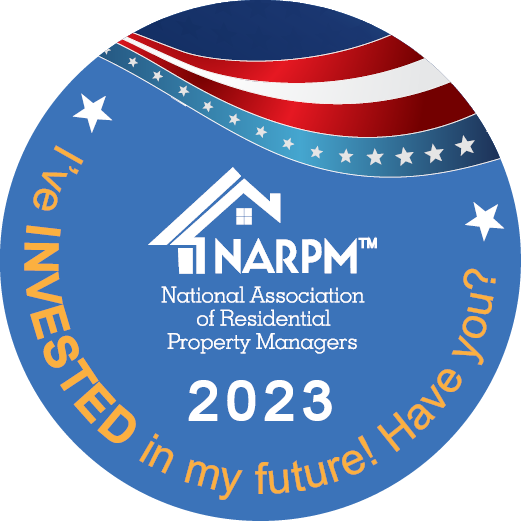Zillow is the largest platform in the online real estate space and there’s no denying its influence. Its Zillow Rental Application system offers landlords convenience, visibility, and fast tenant matches. But is Zillow for landlords actually paying off for property owners?
1. Limited Customization: No Flexibility for Unique Needs
Zillow’s tenant screening process is standardized. Landlords can’t adjust income thresholds, set minimum credit score requirements, or include specific pre-screening questions. There’s no option to request extra documents like pay stubs or bank statements upfront, and you can’t customize the application to fit your rental’s specific needs.
That’s a problem for landlords with non-negotiable requirements like no smoking, income of three times the rent, or strict credit guidelines. For those seeking flexible tenant screening services, Zillow falls short.
2. Lack of Control Over Screening and Verification
Zillow claims it offers background checks, credit reports, and eviction history, but landlords can’t choose the screening provider or access the full data behind the reports. Even worse, Zillow doesn’t verify employment or landlord references, leaving landlords to manually confirm these details defeating the purpose of a “streamlined” rental platform. In places like North Carolina, Zillow’s national background check may miss local court records for criminal and eviction histories, exposing landlords to rental fraud or legal risks.
3. Confusing and Impersonal Communication
Since renters can use one Zillow application to apply to multiple listings at once, landlords often receive submissions from people who barely read the listing. Applicants may not actually be interested, qualified, or even available during your move in timeline.
- Wasted time reviewing unqualified tenants
- Delayed responses and ghosting
- Poor communication and low-quality leads
This creates a situation where quantity goes up but the quality drops sharply.
4. Incomplete, Altered or Missing Documents
Zillow doesn’t give landlords control over what supporting documents are required. That means you might not get crucial uploads like:
- Pay stubs
- ID
- Rental history ledgers
- Bank statements
And without being able to ask pre screening questions, you lose the chance to filter out poor fit applicants early in the process. The documents provided are not authenticated or checked for alteration. Applicants are very computer savvy and know how to alter documents or supply false documents.
5. Legal Risk and State Compliance Issues
Zillow’s system isn’t built for legal environments. State and local laws around tenant screening, rent control, and source of income protections vary widely and Zillow’s platform may not account for those differences. Landlords who rely just on Zillow could unintentionally violate fair housing or tenant rights laws, particularly in cities with strict protections.
6. No Personal Touch in the Tenant Selection Process
One of the most underrated parts of being a landlord is building a relationship with tenants. With Zillow’s automated system, that human connection is lost. There’s little room for phone calls, interviews, or getting a gut feeling about who might care for your property like it’s their own.
7. The Tenant Pays and That Can Backfire
Zillow charges renters around $35 per application, and tenants must pay again if a landlord wants a separate report. This creates frustration for renters especially if they’re applying to multiple places. Some great tenants might skip your listing entirely if they don’t want to keep paying these fees.
8. Is the Applicant the Tenant you approved?
Carolina Property Management uses facial recognition to verify the ID provided is valid and the ID of the applicant. Many applicants use fake or stolen ID and Social Security number’s and target sites like Zillow knowing that it does not verify.
In Summary: Convenience Has a Cost
Zillow’s rental application platform may be easy to use, but it sacrifices control, customization, compliance, and communication, the very tools that good landlords rely on to make smart, safe choices.
If you're a landlord who wants to:
- Pre screen tenants with custom questions
- Personally verify references and income
- Stay compliant with local housing laws
- Avoid costly eviction risks
- Build relationships with renters
then relying solely on Zillow could hurt more than help.
Zillow’s Rental Application may be a useful starting point, but it’s not a substitute for a hands on, well managed tenant screening process. Landlords shouldn’t hand over critical decisions to an automated platform especially when the risks involve unpaid rent, property damage, or legal exposure.














